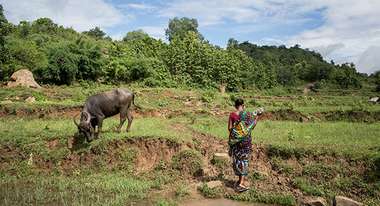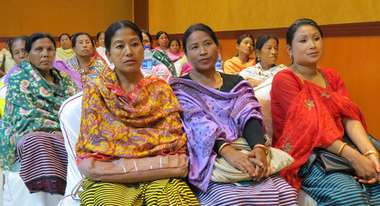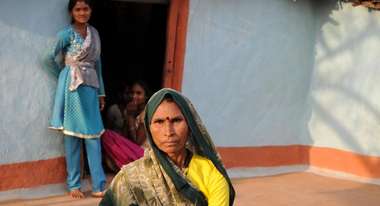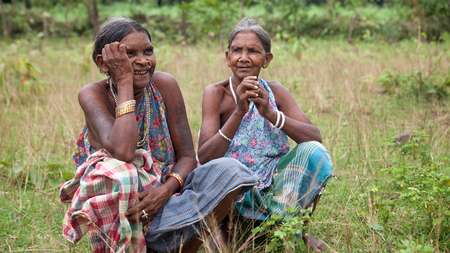
Governance against Hunger
In 2005 India’s Parliament passed the Right to Information (RTI) Act towards an increased transparent and accountable governance system. RTI has become a powerful tool that enables citizens to participate in the governance process and become aware of their rights and entitlements.
Now, in Jharkhand‘s four least developed districts — Khunti, Dumka, Pakur and Sahebganj — Welthungerhilfe, along with its network of local partners, is working to increase and improve the access, delivery and quality of public services aimed at reducing poverty and social exclusion.
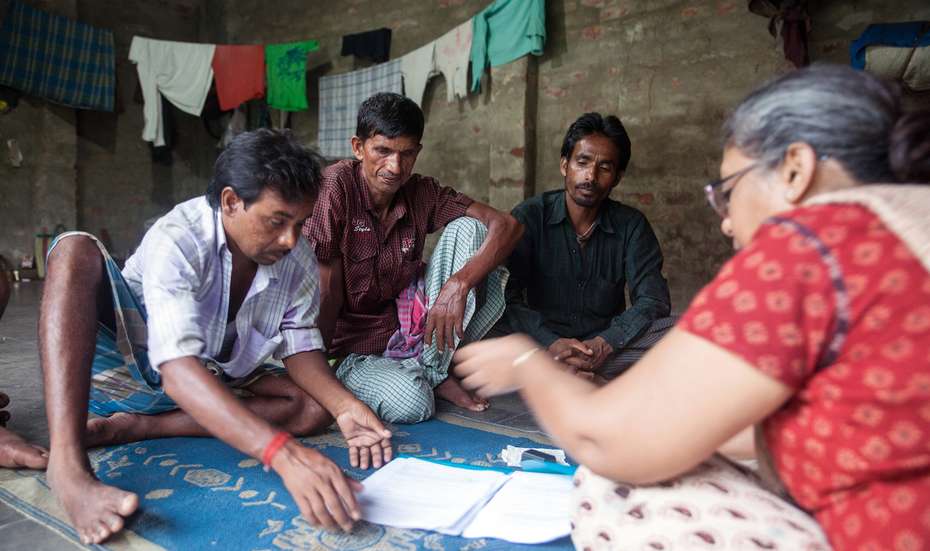
Over Five Years, the Project will Target:
- 381,000 citizens in 76,500 households
- public sector service providers of 92 health sub centres
- staff of 10 public health centres and 681 centres of the Integrated Child Development Services (ICDS)
- teachers and headmasters of 348 primary and 110 middle schools
- local self-governance bodies and village health and sanitation committees
- The women carrying out monitoring work, and they advocate that poor village residents receive their legally defined rights, for example to receive subsidised rice.
An Initiative for Good Governance
The EU supported ‘Initiative for transparent and accountable governance systems in Jharkhand’ focuses on three key areas: rural employment, health and nutrition and education.
Through a multi stakeholder approach, the program aims to enhance capacities of public service providers and functionaries for better service delivery, transparency and accountability. The initiative also aims to empower local self-governance bodies for improved citizen participation, planning, management and monitoring of public services.
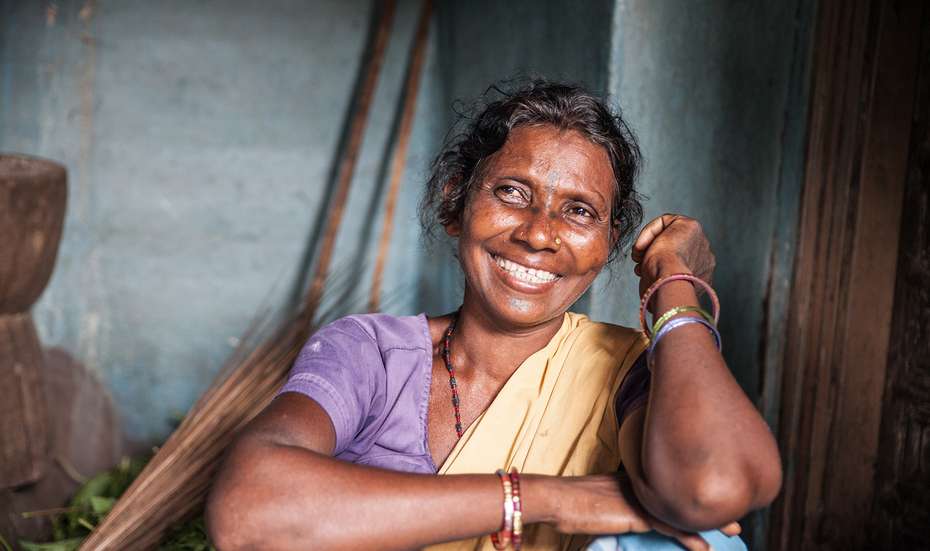
How Welthungerhilfe Supports People in India:
- Mobile for Mothers: Innovations related to dissemination of information and participatory processes, based an application called ‘Mobile for Mothers’. It has been conceptualized, developed, tested and rolled out across the intervention areas.
- Micro Planning Flip Book: This planning tool has been field tested and piloted in four blocks of Pakur, Sahebganj, Khunti and Dumka. More than 600 community volunteers will facilitate the integrated village level micro planning. Partners are monitoring the process in the state.
- Social Audit piloted in project blocks and now replicated to other districts.
- Meeting cycles for girls and women: The Government of Jharkhand has approved a module for training workers to address behaviour change on health issues related to adolescent girls, pregnant women and new-borns. The so-called ‘PLA (Participatory Learning and Action) meeting cycles’ have been initiated in 45 villages altogether with ASHA workers actively participating in these meetings.
- State resource team: Welthungerhilfe and partners are now part of the state resource team in areas such as social audits, micro planning and PRI.
- Community monitoring tools have been developed and implemented by the community.




